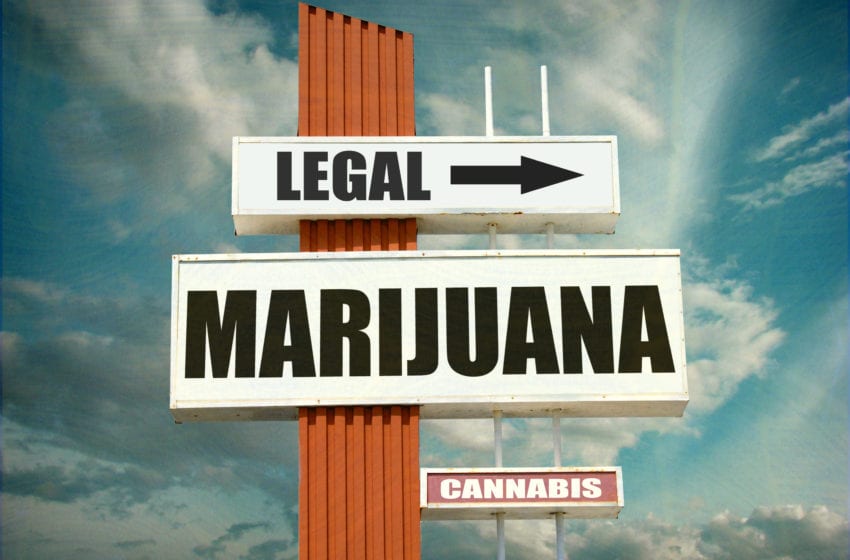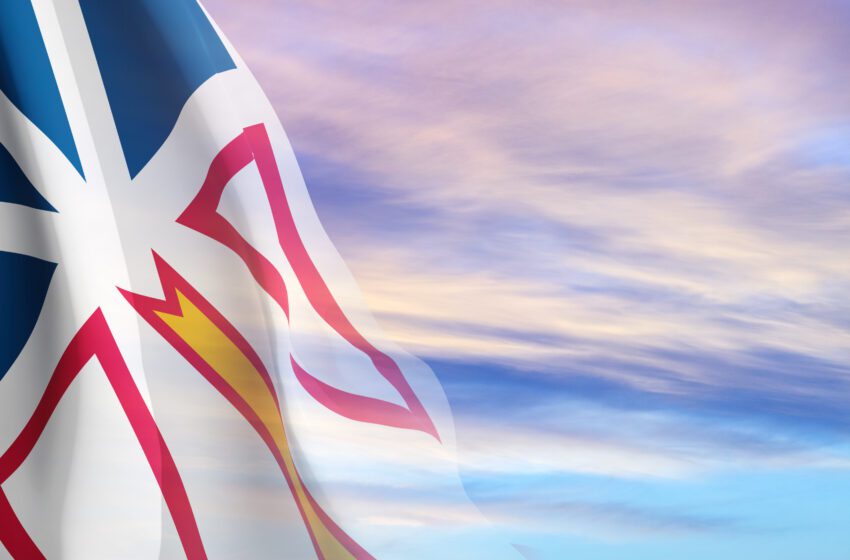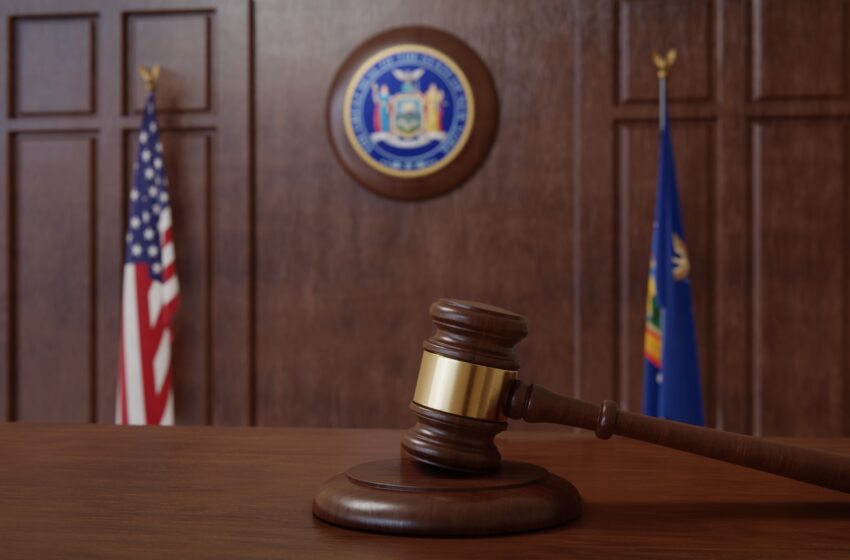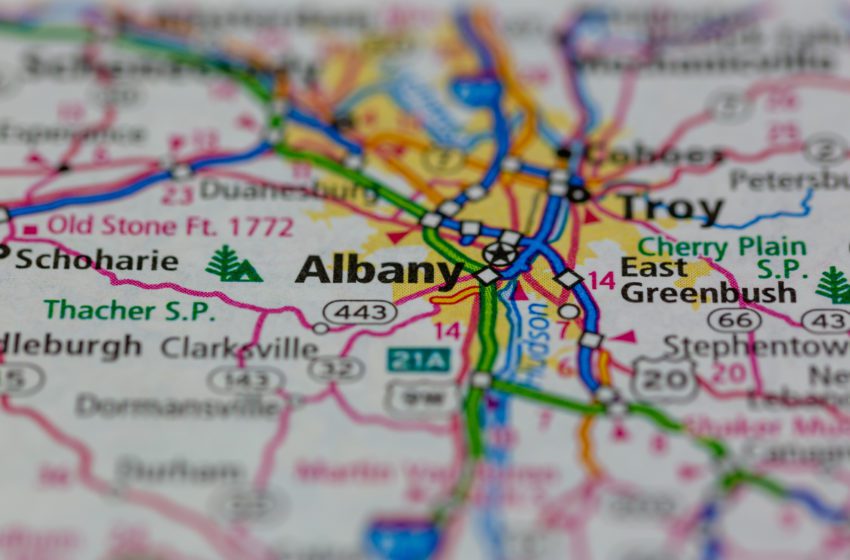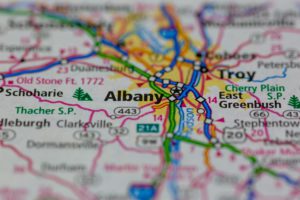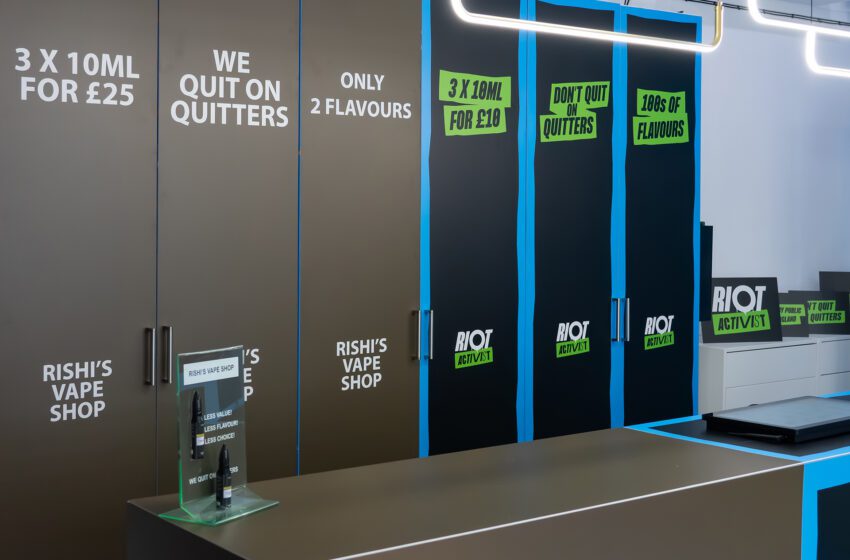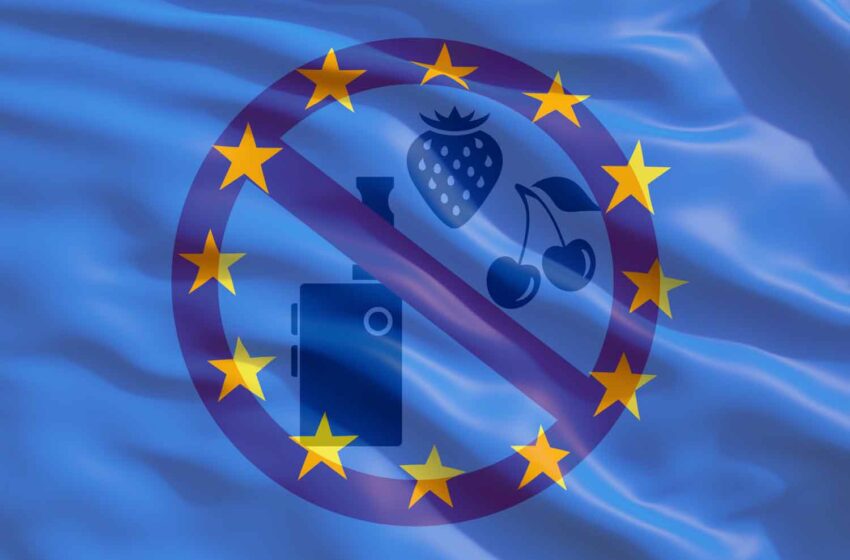Two vaping businesses joined forces in opening a vape shop that represents a “hypothetical” future store if the U.K. were to ban flavors and implement a newly proposed tax regime.
In a release, e-liquid manufacturer Riot Labs and the vape shop Right Vape opened “The Flavourless Vape Shop” in Northampton to draw attention to the implications of a looming tax rise and flavor ban proposal that Riot Labs states will have a “devastating impact on people trying to quit [combustible cigarettes].”
The group meticulously created their vision, from the signage to the interior decor, and illustrated every detail of what the “hypothetical future” would hold if the ban were in full effect to give vapers and smokers a taste of what might come.
Customers faced two choices: One side of the shop contained “less flavor, less value, and less choice.” Or they could step to the opposite side, where Right Vape would serve them at 2024 prices and allow access to current legal products that would be banned under the proposed rules, according to an emailed release.
The launch event featured a Rishi Sunak lookalike to help cut the “opening” ribbon and serve customers the proposed expensive and flavorless vapes.
“We’re committed to supporting smokers who want to quit and have already helped thousands to stop over the past 7 years,” said Ryan Michlig, owner of Right Vape shop. “The proposed vaping legislation is going to be so detrimental to everyone who wants to quit smoking. Partnering with Riot Labs to open the Flavourless Vape Shop and bring awareness to the new legislation was a no-brainer.
“We wanted to create an experience that showed what the legislation could be like in real-time and get invaluable feedback from customers about how it’ll impact them.”
A recent study conducted by One Poll and commissioned by the UKVIA found that 83 percent of surveyed vapers say flavored vapes helped them “pack in their smoking habit.”
It also found that 1 in 3 respondents (an estimated 1.5 million vapers) believe a ban on flavors would lead them back to conventional cigarettes.
“The reality of the new legislation is giving people less choice, less value and ultimately less reasons to quit smoking at all. Adults depend on flavors to support their quit-smoking journey, and this legislation is going to have a detrimental impact on smokers trying to quit,” said Ben Johnson, CEO for Riot Labs. “There are better ways to deal with youth vaping such as an enforceable licensing scheme for all retailers.”


